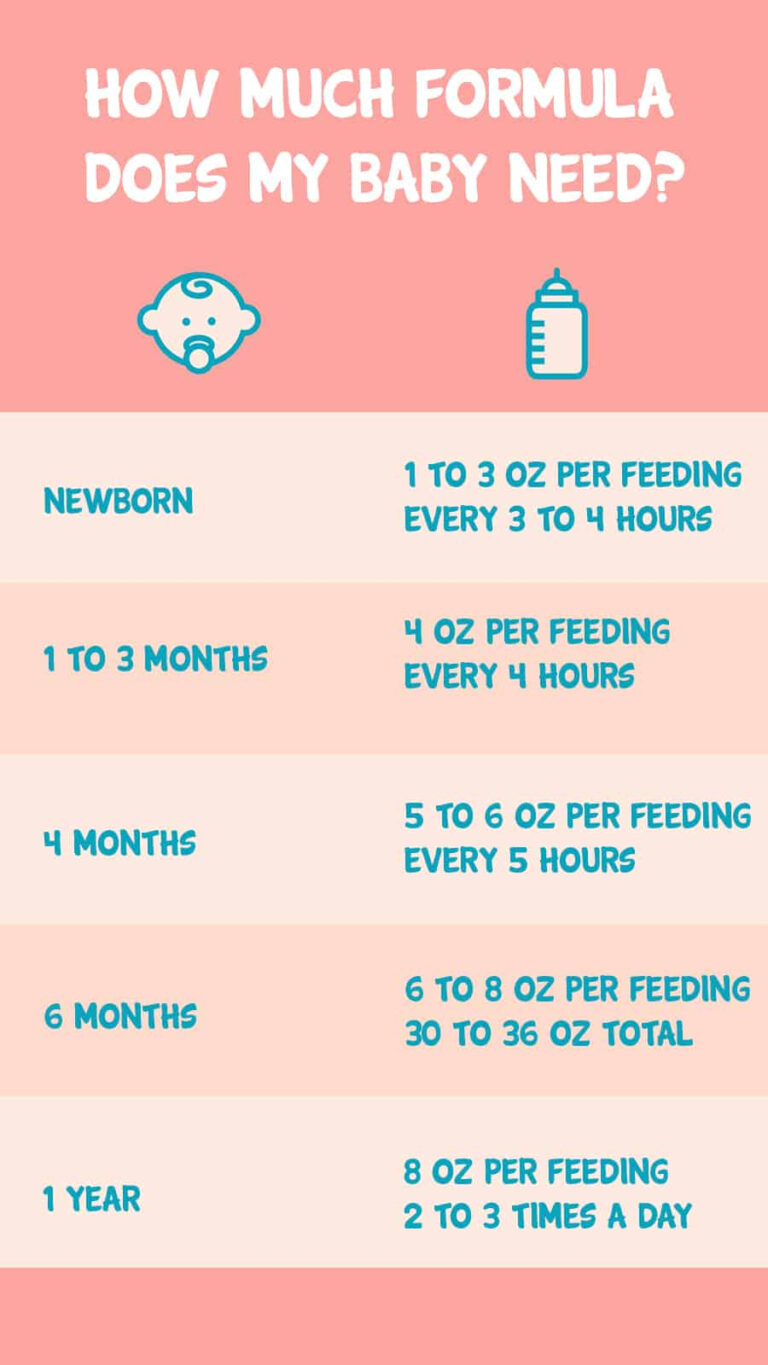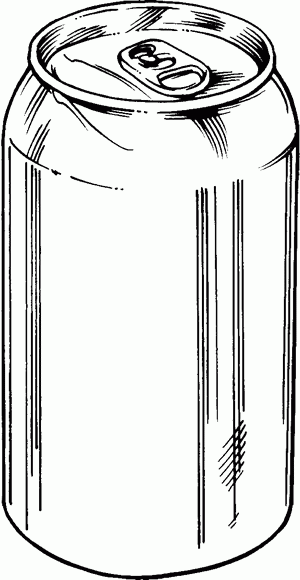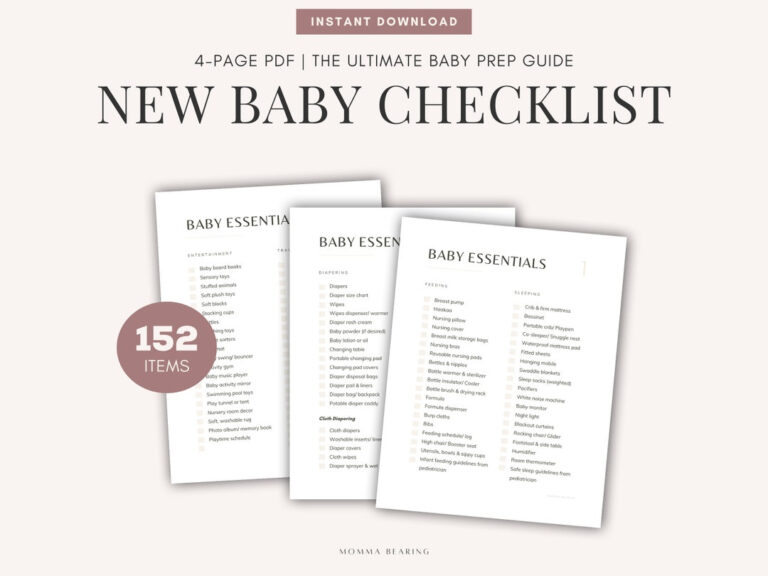Math Jokes for Kids: Making Math Fun and Engaging
Math jokes are a fantastic way to make learning math more enjoyable and engaging for children. They can help kids develop a positive attitude towards math, improve their problem-solving skills, and boost their confidence in the subject.
Math jokes come in various forms, from simple number puns to complex riddles that require logical thinking. They can be used in the classroom, at home, or anywhere else where kids are learning math. By incorporating humor into math lessons, teachers and parents can create a more positive and enjoyable learning environment that encourages kids to explore math concepts with curiosity and enthusiasm.
Definition and Overview

Math jokes for kids are a fun and engaging way to introduce children to the world of mathematics. They can help kids learn about basic math concepts, such as counting, addition, subtraction, and multiplication, in a way that is both enjoyable and educational.
Math jokes can also help kids develop their problem-solving skills and critical thinking abilities. By trying to figure out the punchline of a joke, kids are forced to think logically and apply their math skills to solve the problem.
Purpose and Benefits
There are many benefits to using math jokes in educational settings. Some of the benefits include:
- They can help kids learn about basic math concepts in a fun and engaging way.
- They can help kids develop their problem-solving skills and critical thinking abilities.
- They can help kids see math as a fun and enjoyable subject.
- They can help kids develop a positive attitude towards math.
Types of Math Jokes for Kids
Math jokes for kids come in various forms, each designed to tickle their funny bones and make learning math more enjoyable. These jokes can be based on numbers, patterns, shapes, or mathematical concepts.
Number Jokes
Number jokes play on the absurdity or unexpectedness of numbers. Here are some examples:
- Why was six afraid of seven? Because seven ate nine!
- What did the zero say to the eight? Nice belt!
- Why did the number four get lost? Because it didn’t know where to turn!
Pattern Jokes
Pattern jokes focus on identifying or predicting patterns in numbers or shapes. Here are a few examples:
- What comes next in the pattern: 2, 4, 6, 8, 10? Twelve, because it’s two plus ten!
- What shape comes next in the pattern: circle, square, triangle, circle? Square, because it’s the next shape in the sequence!
- What number is missing in the pattern: 1, 2, _, 4, 5? Three, because it’s the missing number in the sequence!
Shape Jokes
Shape jokes use the properties or characteristics of shapes to create humor. Here are a few examples:
- What shape is always in trouble? A triangle, because it’s always getting into fights!
- What shape is the best dancer? A rhombus, because it has all the right moves!
- What shape is the most generous? A circle, because it’s always giving you a round of applause!
Mathematical Concept Jokes
These jokes introduce mathematical concepts in a humorous way. Here are a few examples:
- What do you call a math teacher who can’t control their class? A square root, because they’re always taking the square root of everything!
- What’s the difference between a numerator and a denominator? You can’t divide a numerator, but you can divide a denominator!
- Why did the fraction go to the doctor? Because it had a mixed number!
These are just a few examples of the many types of math jokes that can make learning math more fun and engaging for kids. By incorporating humor into math lessons, educators can help children develop a positive attitude towards the subject and improve their understanding of mathematical concepts.
Educational Value
Math jokes can be a powerful tool for enhancing mathematical understanding. They provide a fun and engaging way to explore mathematical concepts, making them more accessible and memorable.
Humor plays a crucial role in promoting engagement and retention. When students laugh, their brains release endorphins, which have been shown to improve memory and reduce stress. This makes it easier for students to focus on the mathematical content and retain it over time.
Creating Math Jokes for Kids
Creating math jokes for kids can be a fun and educational activity. Here are some tips to help you get started:
First, keep your jokes simple and easy to understand. Avoid using complex math concepts or jargon that kids won’t be familiar with.
Second, make sure your jokes are funny! Kids are more likely to remember and enjoy jokes that make them laugh.
Third, try to incorporate math into your jokes in a way that’s educational. This will help kids learn while they’re having fun.
Finally, don’t be afraid to experiment and come up with your own original jokes. The more creative you are, the more fun your jokes will be.
Tips for Creating Math Jokes for Kids
- Keep your jokes simple and easy to understand.
- Make sure your jokes are funny!
- Try to incorporate math into your jokes in a way that’s educational.
- Don’t be afraid to experiment and come up with your own original jokes.
Incorporating Math Jokes into the Classroom
Injecting a dose of laughter into math lessons can work wonders in captivating young minds and fostering a positive learning environment. Here’s how to seamlessly weave math jokes into your classroom repertoire:
Warm-up Activities
Kick off lessons with a quick joke to set a light-hearted tone. This can help ease students into the subject and create a more relaxed atmosphere for learning.
Real-life Connections
Use math jokes to illustrate real-world applications of mathematical concepts. For instance, a joke about geometry can highlight its relevance in architecture or design.
Break the Monotony
Intersperse lessons with math jokes as a way to break the monotony and keep students engaged. A well-timed joke can serve as a brief respite from complex topics.
Problem-solving Tools
Incorporate math jokes into problem-solving activities. Students can analyze jokes to identify mathematical patterns or use them as a starting point for discussions on problem-solving strategies.
Resources for Math Jokes for Kids
Finding math jokes for kids can be easy with the right resources. Here are some helpful places to look:
Online Resources
- Math Jokes 4 Kids: https://www.mathjokes4kids.com/
- Jokes for Kids: Math Jokes: https://jokes4kids.com/math-jokes/
- Laugh and Learn Jokes: Math Jokes: https://www.laughandlearnjokes.co.uk/math-jokes/
Books
- Math Jokes for Kids: 101 Jokes, Riddles, and Puns That Make Math Fun! by Michael Molina
- The Giggle Guide to Math: Jokes, Riddles, and Games That Make Math Fun! by Jane Belk Moncure
- Math Jokes for Clever Kids: Jokes, Riddles, and Puns for Ages 8 and Up by Amy Vol
Other Materials
- Math Jokes Database: https://www.mathjokes.org/
- Educational Platforms: Many educational platforms, such as Khan Academy and Prodigy, offer math jokes as part of their curriculum.
- Math Teacher Blogs: Many math teachers maintain blogs where they share math jokes and other resources.
Additional Considerations
In addition to ensuring that math jokes are funny and educational, it’s also important to consider the following:
Cultural and Age-Appropriate Considerations
Math jokes should be culturally and age-appropriate. What may be funny to one group of students may not be funny to another. For example, a joke about the Pythagorean theorem may not be funny to students who have not yet learned about it.
Balancing Humor with Educational Value
It’s important to strike a balance between humor and educational value. Math jokes should be funny, but they should also teach students something. For example, a joke about the difference between a mathematician and a statistician could teach students about the different ways that these two groups of people use data.
FAQ Summary
What are the benefits of using math jokes in educational settings?
Math jokes can make learning math more enjoyable and engaging for children. They can help kids develop a positive attitude towards math, improve their problem-solving skills, and boost their confidence in the subject.
What are some examples of math jokes suitable for kids?
Here’s an example of a math joke suitable for kids: What is a bird’s favorite type of math? Owlgebra!
How can I create engaging and educational math jokes for kids?
To create engaging and educational math jokes for kids, focus on using humor to illustrate mathematical concepts. For example, you could create a joke that uses a pun on a mathematical term or concept.
Where can I find more math jokes for kids?
There are many online resources where you can find math jokes for kids, such as mathjokes4kids.com and joke-a-day.com.





